We may earn commissions when you buy from links on our site. Why you can trust us.
5 Gadgets That Will Help You Sleep Better
If you wish you could get a better night’s sleep, you’re not alone. Sleep experts say us adults should try to get 7 to 8 hours per night. Of course, not all of us do – according to Gallup, 26% of us get six hours of sleep a night and another 14% get five hours or less. And it affects how well we can concentrate during the day, how well we can remember things and puts us at greater risk for automobile accidents. Is it any wonder that the U.S. Center for Disease Control has called insufficient sleep a public health epidemic?
Serious sleep problems still require the services of a trained doctor. But for smaller issues – off-sync sleep schedules, difficulty waking up and challenges falling asleep – modern technology may be able to help. Here are five of Techlicious's picks for the best sleep gadgets available.
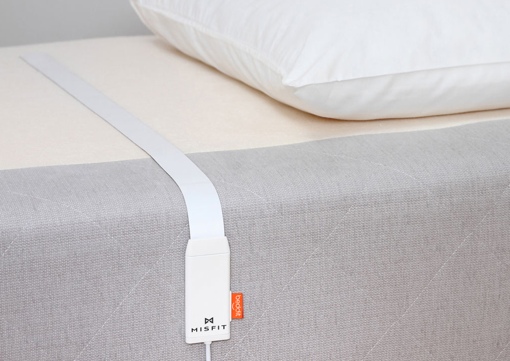 Misfit Beddit
Misfit Beddit
The Misfit Beddit is one of the easiest ways to turn your existing bed into a “smart” bed. It’s a thin sensor pad that lays flat under your sheets to measure your movement throughout the night. It tracks the stages of sleep, sleep duration, wake times, heartrate and snoring (by monitoring ambient sound), sending this data to your smartphone via Bluetooth. The included app can play soothing sounds to help you sleep at night, and can be programmed to wake you up when you’re in your lightest stage of sleep in the morning. This helps make sure you’re refreshed when you get out of bed, not groggy.
The Misfit Beddit is available in your choice of black and white color. The accompanying app is currently Apple iOS only, though Misfit promises Android support is coming soon. You can currently pick one up through amazon.com for $149.99.
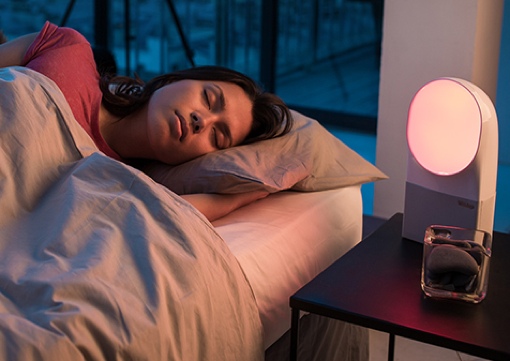 Withings Aura
Withings Aura
Like the Misfit Beddit, the Withings Aura includes a small in-bed sensor pad that tracks sleep stages, duration, number of wake ups and more, and can be programmed to wake you up during a cycle of light sleep. But the Aura also includes a bedside device that’s designed to give off a gentle glow of light that helps you wake up and get to sleep by promoting healthy levels of the sleep hormone melatonin. It also measures sound and light pollution in your room so you can see how these factors are impacting your sleep. And because its likely to take up a lot of space on your bedside table, the light also doubles as a clock with speakers and a USB port for charging your phone.
These added features don’t come cheap, however. The Withings Aura will set you back $299.95 on Amazon, more than twice the price of the Beddit. The accompanying app is currently only for Apple iOS; an Android version is “coming soon.”
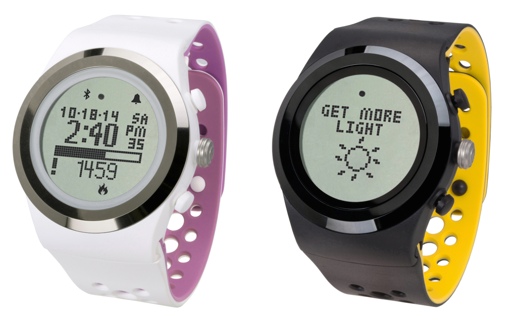 LifeTrak Brite R450
LifeTrak Brite R450
Between the Fitbit, Misfit Flash, Jawbone UP and Basis, there are no shortage of wearables out there that can track sleep. But the new LifeTrak Brite R450 stands out in the crowd. It includes the expected sleep tracking features (including smart wake-up based on real-time data) and adds a light sensor. That way, you can know whether your body needs more (or less) natural light to promote sound sleep. You get a ton of exercise monitoring features too, including step counting, calories burned, heart rate and distance. The Brite R450 can even get incoming SMS and call notifications from your phone via a Bluetooth connection.
The LifeTrak Brite is currently available for pre-order for $129.99 through lifetrakusa.com and is expected to ship in 2 to 3 weeks. The device is available in your choice of three color schemes including white/orchid, black/freesia (yellow) and black/platinum. The included tracking app is compatible with both iOS and Android devices.
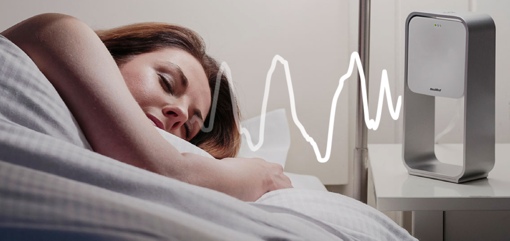 ResMed S+
ResMed S+
The ResMed S+ is a contactless sleep sensor – rather than slip under your sheets, it instead measures in-bed movement at your bedside. The S+ also keeps tabs on your breathing, ambient light and noise and temperature to make recommendations that might improve your sleep (e.g., “sleep on your left side”). Data about sleep cycles, duration and wake ups are synced to your iOS or Android device by Bluetooth; the included app will then score your sleep on a 0 to 100 scale so you can see how you compare to others. Another cool feature: The ResMed S+ can also play soothing sounds that are synchronized to your breathing to help you get to sleep quicker.
The S+ by ResMed is currently available for sale through the company’s mysplus.com website. It’s currently being sold for “3 monthly payments of $49.95” ($149.85 in total) with a 30-day money back guarantee. The S+ app is compatible with any Apple device running iOS 8 and with the Samsung Galaxy S3 and S4.
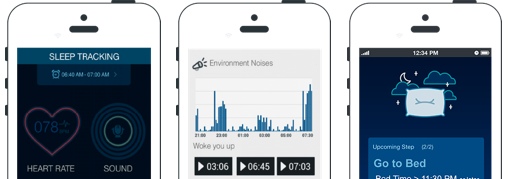 SleepRate
SleepRate
SleepRate itself isn’t a gadget – it’s billed as a sleep improvement kit. The system requires you to wear a chest-mounted Polar H7 Heart Rate Monitor (uncomfortable, but included), as it uses heart rate data to track sleep stages, duration, wake times, and quality. This information is then used to create a custom-tailored 4 to 8 week treatment plan, licensed from Stanford University, to adjust your sleep times, calibrate your biological clock and find the right conditions for the perfect night’s sleep.
The SleepRate Sleep Improvement Kit is currently available on amazon.com for $99.95. The included app is currently iOS only.

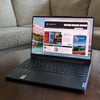

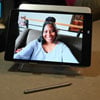
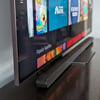
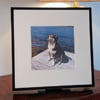
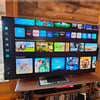

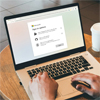
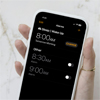
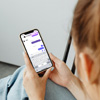
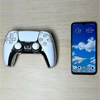
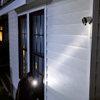
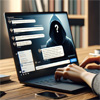

From Tim Morgan on April 15, 2015 :: 1:58 pm
I recently got an LG HBS800 stereo bluetooth headset, an upgradge from the HBS700 adding the JBL brand for sound quality and active “noise canceling. The little user manual (and a light) warn one to turn off the noise canceling when powering off the device, lest it continue to operate.
On a plane, I found the noise canceling a true blessing, taking the edge of both plane and people noises. Pretty sure the noise conceling feature would have no trouble working all night. Travel is when most people (especially us codgers) have the worst sleep, and a wireless headset is great for travel, too.
Reply